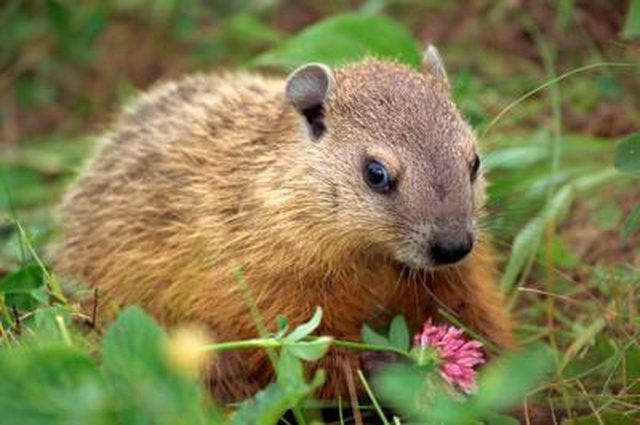Bulbs
Flower Basics
Flower Beds & Specialty Gardens
Flower Garden
Garden Furniture
Garden Gnomes
Garden Seeds
Garden Sheds
Garden Statues
Garden Tools & Supplies
Gardening Basics
Green & Organic
Groundcovers & Vines
Growing Annuals
Growing Basil
Growing Beans
Growing Berries
Growing Blueberries
Growing Cactus
Growing Corn
Growing Cotton
Growing Edibles
Growing Flowers
Growing Garlic
Growing Grapes
Growing Grass
Growing Herbs
Growing Jasmine
Growing Mint
Growing Mushrooms
Orchids
Growing Peanuts
Growing Perennials
Growing Plants
Growing Rosemary
Growing Roses
Growing Strawberries
Growing Sunflowers
Growing Thyme
Growing Tomatoes
Growing Tulips
Growing Vegetables
Herb Basics
Herb Garden
Indoor Growing
Landscaping Basics
Landscaping Patios
Landscaping Plants
Landscaping Shrubs
Landscaping Trees
Landscaping Walks & Pathways
Lawn Basics
Lawn Maintenance
Lawn Mowers
Lawn Ornaments
Lawn Planting
Lawn Tools
Outdoor Growing
Overall Landscape Planning
Pests, Weeds & Problems
Plant Basics
Rock Garden
Rose Garden
Shrubs
Soil
Specialty Gardens
Trees
Vegetable Garden
Yard Maintenance
What Is Eating My Vegetable Garden?
What Is Eating My Vegetable Garden?. If your plants are missing their leaves or fruit, or being chewed to ground level almost overnight, it's likely your garden is being routinely visited by critters that find vegetables, plants and all irresistible.

If your plants are missing their leaves or fruit, or being chewed to ground level almost overnight, it's likely your garden is being routinely visited by critters that find vegetables, plants and all irresistible.
Daytime Invaders
Of the animals that invade gardens during the day, some burrow under the plants, eating seeds and root vegetables such as carrots and potatoes. These include chipmunks, voles, rats, gophers and mice. Woodchucks and rabbits feast above ground on young lettuces, peas and beans. Jagged leaf edges on plants indicate deer damage, while chewed cabbages and bean plants indicate a woodchuck invasion.
Nocturnal Invaders
Many animal garden invaders, such as skunks, raccoons, and opossums, work at night or during undisturbed periods late in the day. Raccoons love corn, strawberries, peas, potatoes and melons, while skunks and opossums feed on corn.
Controls
Fencing is the only sure way to keep unwanted garden visitors out, according to the National Gardening Association. Check your local laws, and erect fencing according to the size of animal you're trying to keep out. Trapping and moving animals is another alternative, and this is best handled by a wildlife specialist or pest removal company.